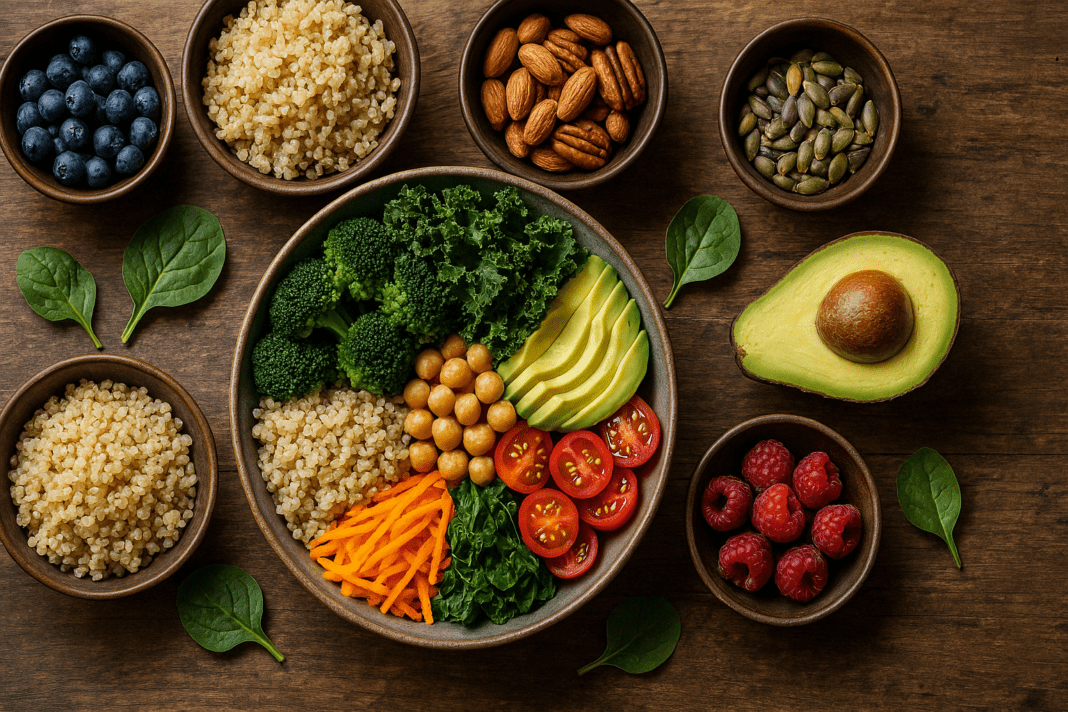In the quest for better health, higher energy, and overall well-being, the foundation always begins with what we put on our plates. The best healthy foods are not elusive or exotic; they are nutrient-dense whole foods, often found in the produce aisle or stocked among whole grains and legumes. With increasing awareness about the long-term effects of processed diets and nutritional deficiencies, more people are asking a vital question: what can I eat every day that truly supports optimal health? The answer lies in embracing a lifestyle centered around whole-food plant-based nutrition—a way of eating that nourishes the body on a cellular level while fueling it with clean, lasting energy. This article explores the best foods to eat daily, providing insights grounded in nutritional science and guided by the principles of best nutrition for sustained vitality.
You may also like: Plant Based Diet vs Standard American Diet: What the Latest Studies Reveal About Long-Term Health Outcomes
When considering the best foods for your body, it is essential to focus not just on what fills you up but on what fuels you efficiently and consistently throughout the day. Nutrient-rich foods contain powerful compounds, including fiber, antioxidants, phytonutrients, and healthy fats, all of which play integral roles in supporting cardiovascular health, maintaining cognitive function, optimizing digestion, and promoting a stable mood. The best healthy food to eat is one that works synergistically with your body’s natural functions, not against them. This isn’t about eliminating entire food groups or following trendy diets—it’s about choosing the best diet food list based on proven health benefits, sustainability, and enjoyment.
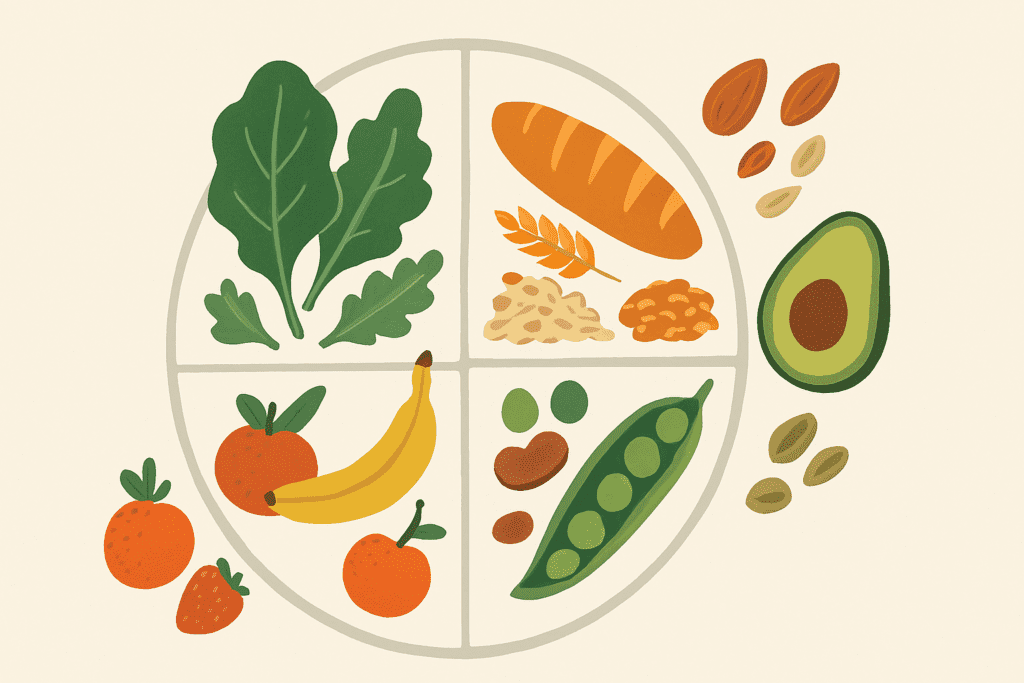
Leafy Greens: The Unsung Heroes of Energy and Longevity
Dark leafy greens are consistently ranked among the best foods to eat daily, and for good reason. Spinach, kale, collard greens, and Swiss chard offer an unparalleled concentration of essential nutrients. These vegetables are rich in vitamins A, C, K, and several B vitamins, all of which play critical roles in cellular energy production and immune function. Their high fiber content supports gut health, helping to regulate digestion and enhance nutrient absorption—key factors when striving for best nutrition outcomes.
A lesser-known benefit of consuming leafy greens daily is their effect on nitric oxide production. Nitric oxide helps dilate blood vessels, improving circulation and oxygen delivery throughout the body. This contributes to better cardiovascular health and boosts mental clarity, which can significantly impact overall energy levels. When asking what foods are healthy and energizing, leafy greens should always be at the top of the list. They work not only as the best health foods for detoxification but also for enhancing stamina and resilience against fatigue.
The bitter compounds in greens like dandelion and mustard greens also stimulate liver function, aiding in natural detoxification. Unlike unsupported claims about “cleansing” diets, this effect is scientifically grounded in how these foods activate bile production and enzyme pathways involved in toxin breakdown. Whether steamed, blended into smoothies, or tossed into salads, incorporating leafy greens daily is among the most impactful dietary changes one can make for long-term vitality.
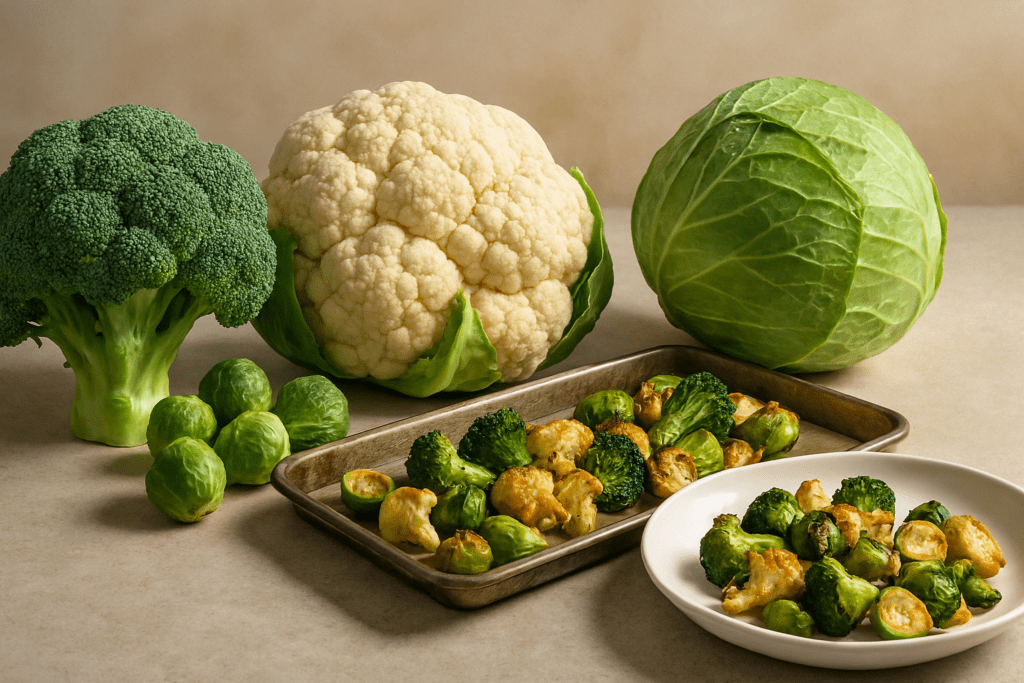
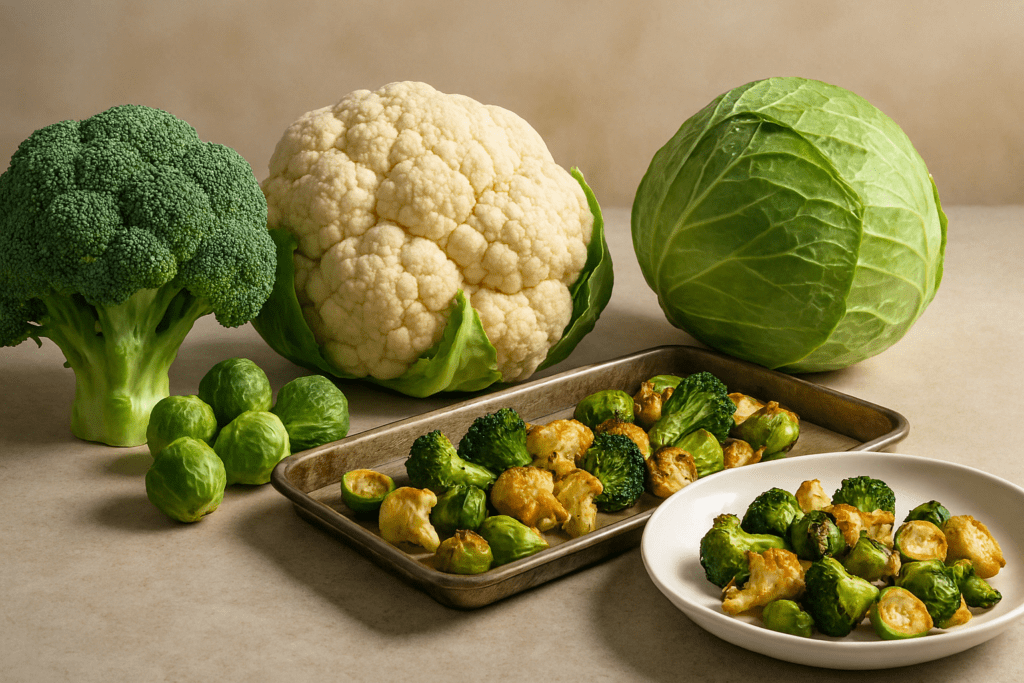
Whole Grains for Sustained Energy and Digestive Health
Whole grains are often overlooked in favor of low-carb trends, but they are, in fact, one of the best healthy foods to support lasting energy and metabolic health. Foods like quinoa, oats, farro, brown rice, and barley provide complex carbohydrates that are digested slowly, offering a steady release of glucose into the bloodstream. This process prevents energy crashes and promotes a balanced mood, especially important during mentally or physically demanding days.
The fiber in whole grains is critical for gut health, serving as a prebiotic fuel source for beneficial gut bacteria. A healthy microbiome is now known to influence not just digestion but immune function, hormone balance, and even mental health. Choosing the best food for good health often means opting for minimally processed grains over refined ones. This simple shift can lower inflammation, reduce the risk of insulin resistance, and improve cholesterol levels.
Importantly, whole grains contain essential B vitamins, particularly B1 (thiamine), B3 (niacin), and B6, all of which support energy metabolism and nervous system health. When people search for the best diet foods or best healthy to eat items for breakfast, oatmeal or a quinoa porridge made with nuts and fruit can offer an ideal combination of nutrients, fiber, and natural energy. Such meals keep hunger at bay while fueling the body with what it truly needs to perform.
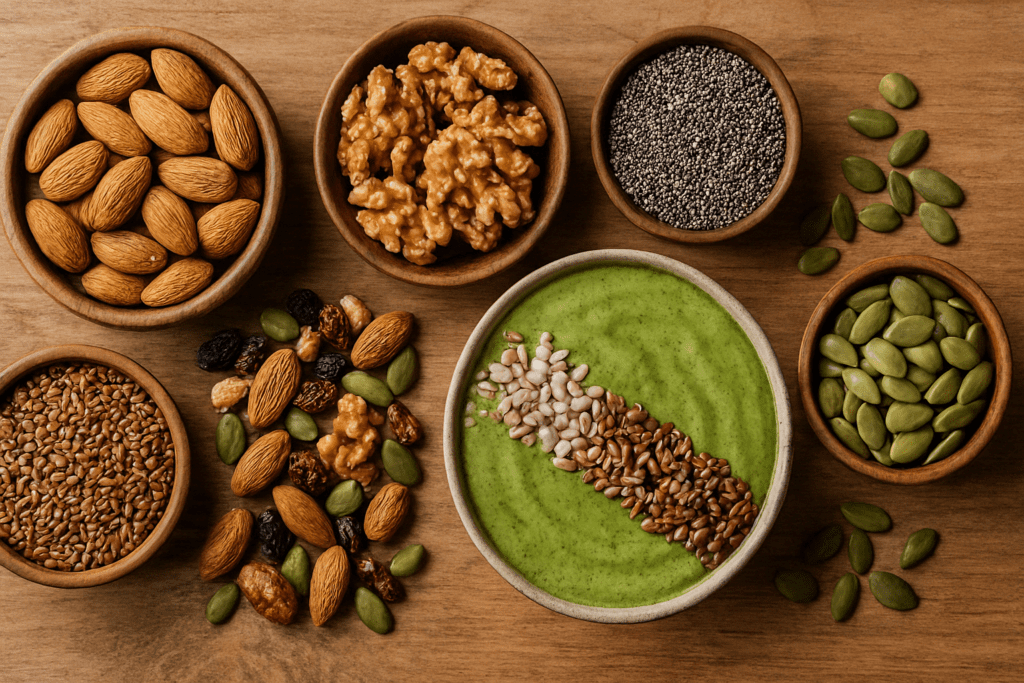
Legumes: Plant-Based Powerhouses of Protein and Micronutrients
Beans, lentils, and chickpeas stand out as best healthy foods due to their high protein content, rich fiber, and array of minerals like iron, magnesium, and zinc. These staples of a whole-food plant-based diet are versatile, affordable, and deeply nourishing. Legumes provide essential amino acids that, when combined with whole grains, form complete proteins ideal for muscle repair, metabolic function, and hormone synthesis.
Many people ask, what foods are healthy when trying to replace animal products or processed snacks? Legumes are a natural answer. They can be used in soups, stews, salads, or even blended into dips and spreads. Their slow-digesting carbohydrates help maintain blood sugar stability, which is crucial for avoiding the energy rollercoaster associated with refined sugar consumption. In fact, lentils have a low glycemic index and have been shown in research to improve insulin sensitivity and cardiovascular biomarkers.
Furthermore, legumes are rich in folate, a B vitamin essential for DNA synthesis and red blood cell formation. For those looking to enhance their energy naturally, the best food to include regularly should support oxygen transport and mitochondrial function—roles that legumes fulfill adeptly. Whether consumed daily in a hearty bean chili or a lentil curry, legumes contribute to a best nutrition food profile that is hard to beat.
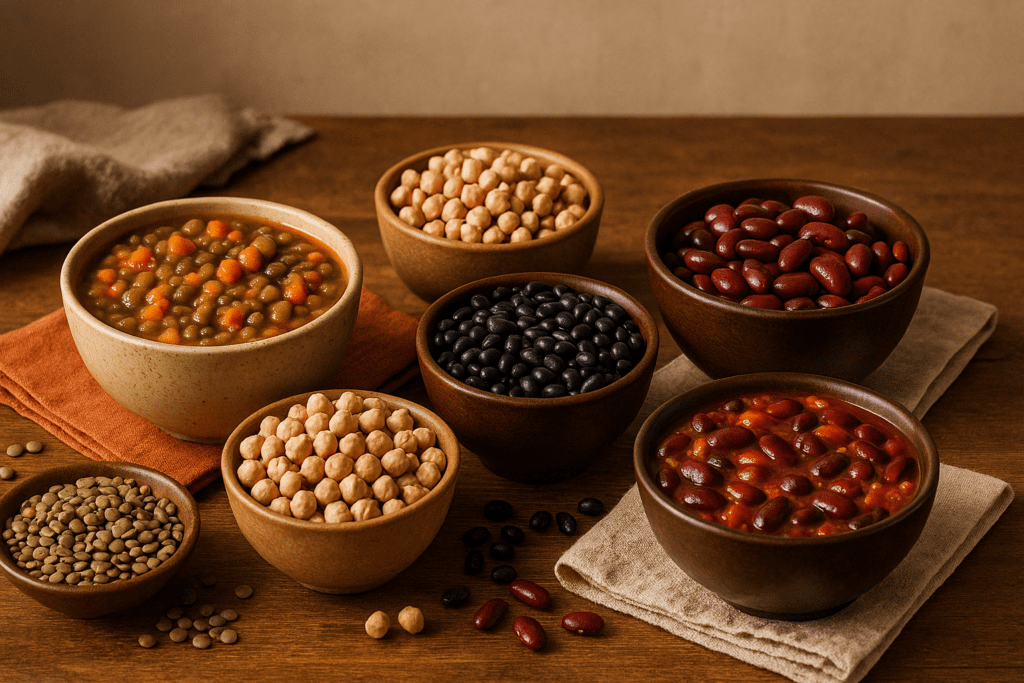
Nuts and Seeds: Compact Sources of Best Nutrients
When exploring what foods are healthy and dense in nutrients, nuts and seeds emerge as prime examples. Almonds, walnuts, chia seeds, flaxseeds, hemp seeds, and pumpkin seeds are packed with omega-3 fatty acids, plant-based protein, and antioxidant-rich vitamin E. These foods support cardiovascular health, brain function, and even hormone production—functions that are vital for sustaining physical and mental energy throughout the day.
Chia and flaxseeds in particular are excellent sources of alpha-linolenic acid (ALA), a plant-based omega-3 that supports anti-inflammatory pathways. Their high fiber content also promotes satiety, helping prevent overeating and energy dips. Nuts like walnuts and Brazil nuts contain selenium and magnesium, minerals that are often deficient in modern diets yet crucial for thyroid function, stress regulation, and cellular repair. For anyone seeking the best diet food list to support performance, clarity, and recovery, nuts and seeds are indispensable.
These small but mighty foods are also easy to incorporate into meals and snacks. A handful of almonds mid-morning, ground flax in your smoothie, or a sprinkle of hemp seeds over a salad are simple ways to elevate your best eating habits. They provide best nutrition without excessive preparation, making them ideal for busy lifestyles focused on health and longevity.
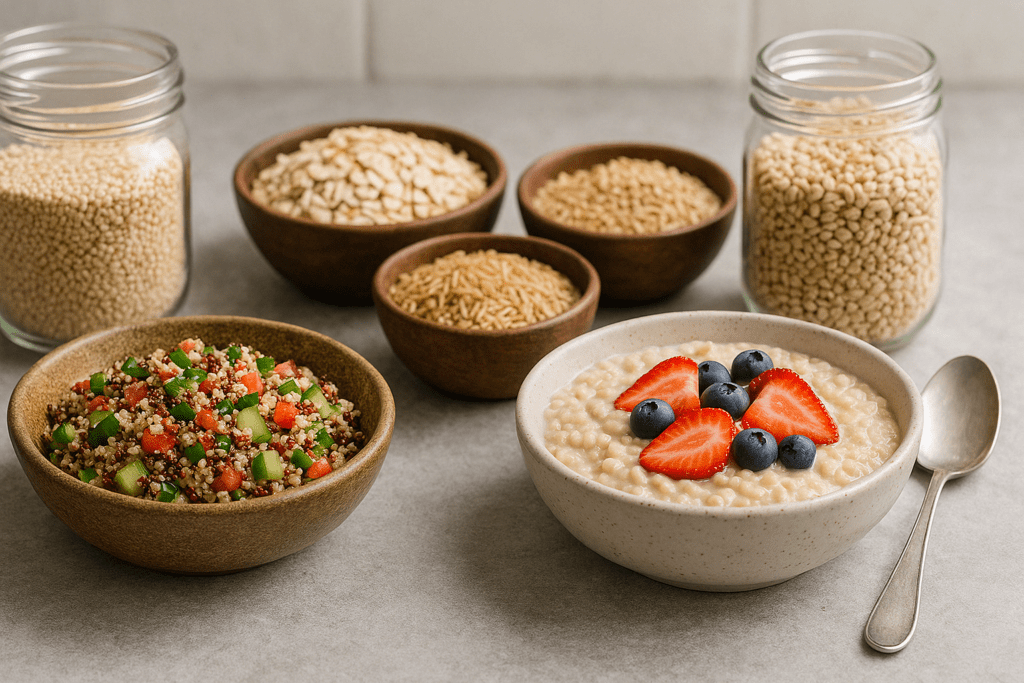
Berries and Other Antioxidant-Rich Fruits
The vibrant colors of berries signal their dense phytonutrient content. Blueberries, strawberries, raspberries, and blackberries are among the best health foods for combating oxidative stress and supporting cognitive function. Rich in anthocyanins, vitamin C, and quercetin, berries protect cells from damage, reduce inflammation, and may even slow cognitive decline with regular consumption.
Beyond berries, fruits like oranges, kiwis, papayas, and pomegranates contribute to best nutrition by offering a range of vitamins and antioxidants that support immune function, skin health, and recovery from physical exertion. The natural sugars in fruits are accompanied by fiber, which moderates their absorption and prevents the spikes and crashes associated with refined sugar sources. When considering best healthy food to eat daily, fresh fruit is a naturally hydrating, energizing option that also supports gut health through its polyphenol content.
Regular consumption of fruit has been linked to lower risks of heart disease, stroke, and certain cancers. Their nutrient density makes them a staple on any best diet food list and a wise choice when seeking alternatives to ultra-processed desserts or snacks. Pairing berries with oatmeal, blending them into smoothies, or enjoying them with a handful of nuts can turn a simple snack into a powerhouse of best nutrients.
Cruciferous Vegetables: Cellular Defenders and Detoxifiers
Broccoli, cauliflower, Brussels sprouts, and cabbage belong to the cruciferous family—a group of vegetables that offer unique health advantages. These vegetables contain glucosinolates, compounds that, when broken down during digestion, produce biologically active compounds like sulforaphane and indole-3-carbinol. These have been shown to support detoxification pathways, promote hormonal balance, and potentially reduce the risk of hormone-related cancers.
Cruciferous vegetables also provide significant amounts of vitamin K, folate, and fiber, making them among the best foods for your body in terms of multi-system support. Their anti-inflammatory properties contribute to joint health, cardiovascular wellness, and cellular repair. When asking what foods are best for long-term disease prevention, cruciferous vegetables should always be part of the answer.
Unlike many foods touted in trendy diets, cruciferous vegetables have stood the test of time and scientific scrutiny. Whether roasted, steamed, or shredded into salads, these vegetables are foundational to any approach that prioritizes best nutrition and whole-food plant-based living. They offer best healthy outcomes by enhancing the body’s resilience from the inside out.
Avocados and Healthy Plant Fats
Avocados are often labeled a superfood—and deservedly so. Rich in monounsaturated fats, fiber, potassium, and folate, they offer an ideal blend of nutrients for heart health, cognitive support, and sustained energy. Unlike processed fats found in many commercial snacks, the fats in avocados help improve lipid profiles, enhance satiety, and support fat-soluble vitamin absorption.
When considering the best food to improve both energy and long-term health, healthy fats should not be overlooked. Avocados can be added to salads, blended into smoothies, or simply eaten with a spoon and a pinch of sea salt. They align perfectly with the principles of best eating because they deliver nutrition without added sugars, preservatives, or unnecessary additives. Their creamy texture and neutral flavor make them one of the most versatile ingredients in whole-food plant-based nutrition.
Avocados are also a natural source of lutein and zeaxanthin, carotenoids that support eye health and may protect against age-related degeneration. Their low sugar content and high nutrient density place them squarely on the best diet food list for anyone looking to stabilize energy while supporting organ function. For those still wondering what can I eat every day to feel better and perform at my best, the answer often includes a ripe avocado.
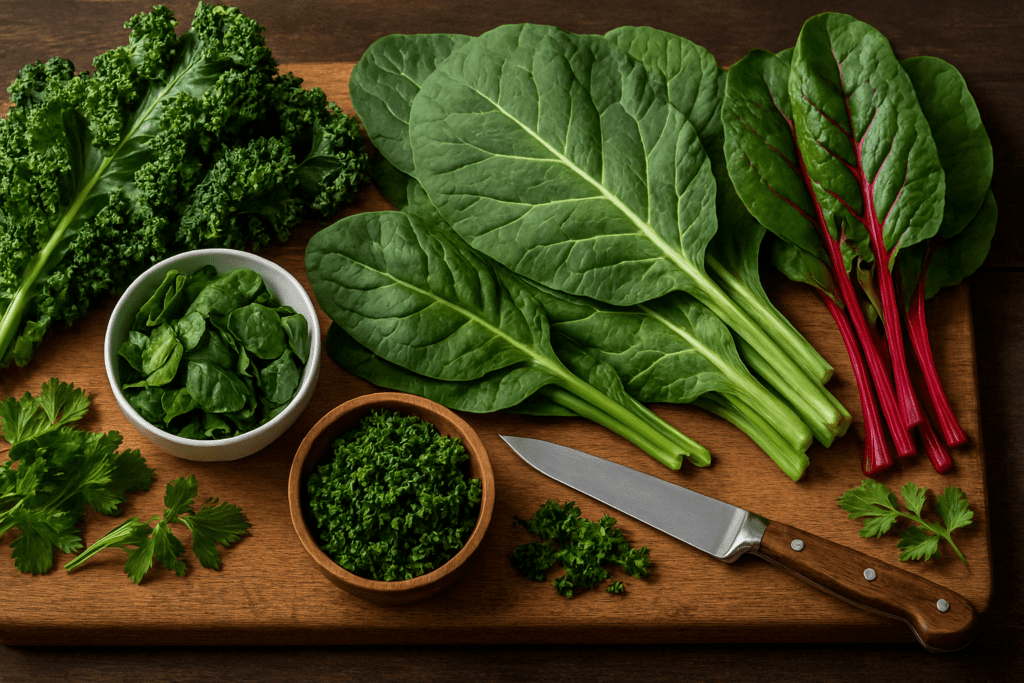
Frequently Asked Questions: Best Healthy Foods to Eat Every Day for Better Nutrition and Lasting Energy
1. How can I build a daily eating routine that maximizes long-term energy without relying on caffeine or sugar?
The key to designing a consistent routine for lasting energy lies in incorporating the best healthy foods that stabilize blood sugar and support steady metabolic output. Unlike caffeine or refined sugar, which spike energy levels only to cause a crash later, the best foods for your body work with natural rhythms to provide reliable stamina. Starting the day with complex carbohydrates like steel-cut oats, coupled with healthy fats from nuts or seeds, ensures that energy is released slowly and efficiently. By mid-day, including best diet foods like lentils or quinoa paired with leafy greens enhances mitochondrial function and prevents the need for stimulants. When you focus on best nutrition food sources rather than quick fixes, you support not only sustained energy but also better mental clarity and mood regulation throughout the day.
2. Are there underrated plant-based foods that people often overlook despite their nutritional benefits?
Yes, many lesser-known plant-based options are rich in best nutrients and deserve more attention in the average diet. For instance, watercress and purslane are among the best healthy foods yet are rarely part of standard grocery shopping lists. Both offer high levels of omega-3 fatty acids, antioxidants, and vitamin K, making them ideal additions to salads or smoothies. Another overlooked option is amaranth, an ancient grain higher in protein than most others and a great entry on any best diet food list. By diversifying your best eating habits to include these lesser-known foods, you increase your intake of micronutrients that play subtle yet crucial roles in immune defense and hormonal balance.
3. How does stress affect nutritional absorption, and what foods help mitigate this impact?
Chronic stress can interfere with digestion and nutrient absorption, often compromising the benefits of even the best foods to eat. When the body is in a prolonged sympathetic state—commonly referred to as “fight or flight”—it diverts blood flow away from the digestive system. This can reduce enzyme secretion and impair the breakdown of complex best nutrition food sources like legumes or whole grains. To help counteract this effect, foods rich in magnesium and B vitamins—such as pumpkin seeds, leafy greens, and avocados—support nervous system resilience and digestive health. Integrating calming teas like chamomile or adaptogens such as ashwagandha alongside your best healthy food to eat can enhance nutrient assimilation and reduce the physiological burden of stress.
4. What can I eat to enhance cognitive performance and memory without using supplements?
To sharpen cognition and memory naturally, opt for best health foods that nourish the brain with essential fatty acids, antioxidants, and polyphenols. Walnuts, often shaped like miniature brains themselves, are particularly beneficial due to their high omega-3 content and neuroprotective flavonoids. Blueberries, known as one of the best foods for your body in terms of brain aging, improve communication between neurons and delay mental decline. For those aiming to skip synthetic supplements, turmeric root—especially when consumed with black pepper to improve bioavailability—provides anti-inflammatory support to the brain. Including these ingredients regularly in your meals not only improves memory retention but complements the overall goals of best nutrition.
5. How can plant-based eaters ensure they get enough iron and protein without animal products?
It’s a common misconception that only animal products deliver sufficient iron and protein. In reality, plant-based diets can offer the best food to meet both needs, provided there’s some strategy involved. Iron is abundant in legumes, tofu, quinoa, and dark leafy greens, though it’s non-heme iron, which is slightly less bioavailable. Pairing these sources with foods rich in vitamin C, such as citrus or bell peppers, significantly enhances absorption. For protein, combining multiple best diet foods like lentils with whole grains such as brown rice creates complete amino acid profiles. With consistent variety and attention to meal pairing, you can easily meet your daily requirements using the best nutrition foods list without relying on animal products.
6. Are there seasonal strategies for choosing the best healthy food to eat throughout the year?
Absolutely, embracing seasonal eating is not only better for the environment but also enhances access to peak-nutrition foods. In the summer, stone fruits and berries provide high levels of antioxidants and hydration, aligning with the body’s need for cooling, anti-inflammatory best healthy foods. In contrast, root vegetables and squashes consumed in winter are energy-dense and help sustain warmth and endurance during colder months. Choosing seasonal produce also supports gut health, as rotating what foods are in your diet encourages microbiome diversity. To build your own nutrition foods list, begin by identifying regional harvest calendars and aligning your meals with nature’s rhythm—a method used by traditional cultures long before the advent of modern diets.
7. What’s good for balancing blood sugar naturally without depending on medications?
For those managing blood sugar levels without medication, the best foods to eat include fiber-rich legumes, whole grains, and low-glycemic fruits. These work by slowing the absorption of glucose into the bloodstream, preventing spikes and crashes. Pairing carbohydrates with fat or protein—for example, an apple with almond butter—further enhances glucose regulation. Fermented foods like sauerkraut and kimchi also help regulate insulin sensitivity by improving gut health, a factor often overlooked in discussions about the best food for good health. Cinnamon, though technically a spice, acts like a functional food due to its insulin-mimicking properties and can be added to meals for an extra blood-sugar-balancing boost.
8. How does food variety contribute to long-term health, and why is it essential?
Variety is often the missing link in otherwise well-intentioned dietary plans. Repeating the same meals limits exposure to different phytochemicals and micronutrients, reducing the chance of covering all your nutritional bases. The best healthy foods function synergistically; for example, the polyphenols in berries may enhance the bioavailability of carotenoids in carrots when consumed together. Incorporating diversity into your meals also keeps your best eating routine interesting and sustainable, increasing your likelihood of long-term adherence. To ensure you’re hitting a wide range of best nutrients, aim for a rotating nutrition foods list that changes weekly and includes multiple colors, textures, and flavor profiles.
9. What foods are healthy for supporting hormone balance, particularly during major life transitions?
Hormonal health is intricately tied to what foods are consumed regularly, especially during phases like puberty, pregnancy, and menopause. Cruciferous vegetables like broccoli and Brussels sprouts contain indole-3-carbinol, which supports estrogen metabolism and may help alleviate symptoms of hormone fluctuations. Flaxseeds, another entry in the best diet food list, are rich in lignans that may support hormonal balance in women. For men, zinc-rich foods such as pumpkin seeds are crucial for testosterone production and reproductive health. Eating the best health foods that contain balanced fats, fiber, and plant-based phytoestrogens ensures your endocrine system has the tools it needs to function optimally without external hormone interventions.
10. Can eating for best nutrition influence mood and emotional resilience?
The link between diet and emotional well-being is now well-supported by emerging research. Diets rich in best nutrition food sources such as leafy greens, legumes, and berries positively influence neurotransmitter pathways, especially those involving serotonin and dopamine. Gut health, deeply influenced by what can I eat daily, plays a significant role in mood regulation due to the gut-brain axis. A lack of key nutrients like omega-3s, magnesium, and B vitamins has been correlated with increased risk of depression and anxiety. By regularly choosing best healthy food to eat for mood stability, individuals can build emotional resilience in a way that complements other wellness practices like therapy, meditation, and physical activity.
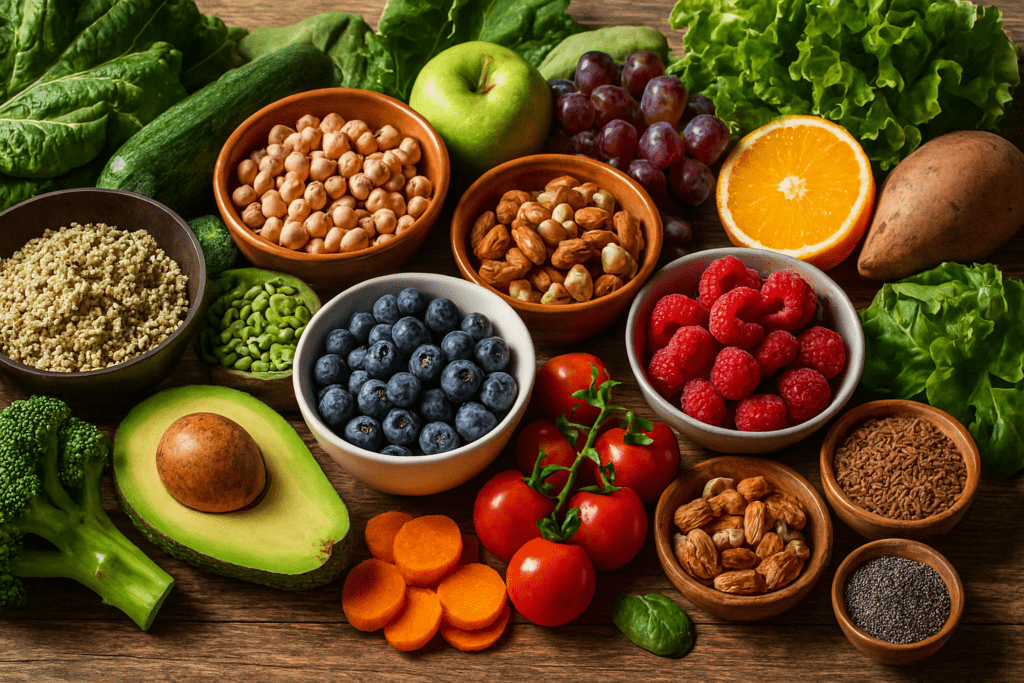
Conclusion: Building Energy and Wellness with Every Bite
Understanding what foods are best for your body isn’t just a matter of curiosity—it’s a blueprint for how to thrive. The best healthy food to eat every day is not a one-size-fits-all prescription but a flexible, enjoyable, and science-backed framework centered around whole-food plant-based nutrition. Whether it’s the leafy greens enhancing blood flow and vitality, legumes powering protein synthesis and gut health, or berries defending your cells from oxidative stress, the common thread is nourishment that works in harmony with the body’s natural design.
Incorporating best health foods consistently helps build a nutritional foundation that supports both immediate energy and lifelong resilience. It’s not about chasing dietary perfection but embracing foods that deliver the best nutrients, promote metabolic efficiency, and reduce reliance on quick fixes or stimulants. The best eating patterns are those that feel sustainable, enjoyable, and energizing—meals that leave you feeling nourished rather than depleted.
Ultimately, best nutrition is achieved through intentionality and consistency. By choosing the best foods to eat every day, you empower yourself to feel better, think clearer, and age more gracefully. From the vibrant colors of your salad bowl to the comforting warmth of a lentil stew, every bite is an investment in your health. And that, more than any trendy supplement or restrictive plan, is what truly defines the best diet foods for lasting wellness and vitality.
Was this article helpful? Don’t let it stop with you. Share it right now with someone who needs to see it—whether it’s a friend, a colleague, or your whole network. And if staying ahead on this topic matters to you, subscribe to this publication for the most up-to-date information. You’ll get the latest insights delivered straight to you—no searching, no missing out.
Further Reading:
11 Foods to Eat to Beat Fatigue
Best foods to eat to give you energy
Disclaimer
The information contained in this article is provided for general informational purposes only and is not intended to serve as medical, legal, or professional advice. While NewsHealthWatch strives to present accurate, up-to-date, and reliable content, no warranty or guarantee, expressed or implied, is made regarding the completeness, accuracy, or adequacy of the information provided. Readers are strongly advised to seek the guidance of a qualified healthcare provider or other relevant professionals before acting on any information contained in this article. NewsHealthWatch, its authors, editors, and contributors expressly disclaim any liability for any damages, losses, or consequences arising directly or indirectly from the use, interpretation, or reliance on any information presented herein. The views and opinions expressed in this article are those of the author(s) and do not necessarily reflect the official policies or positions of NewsHealthWatch.

